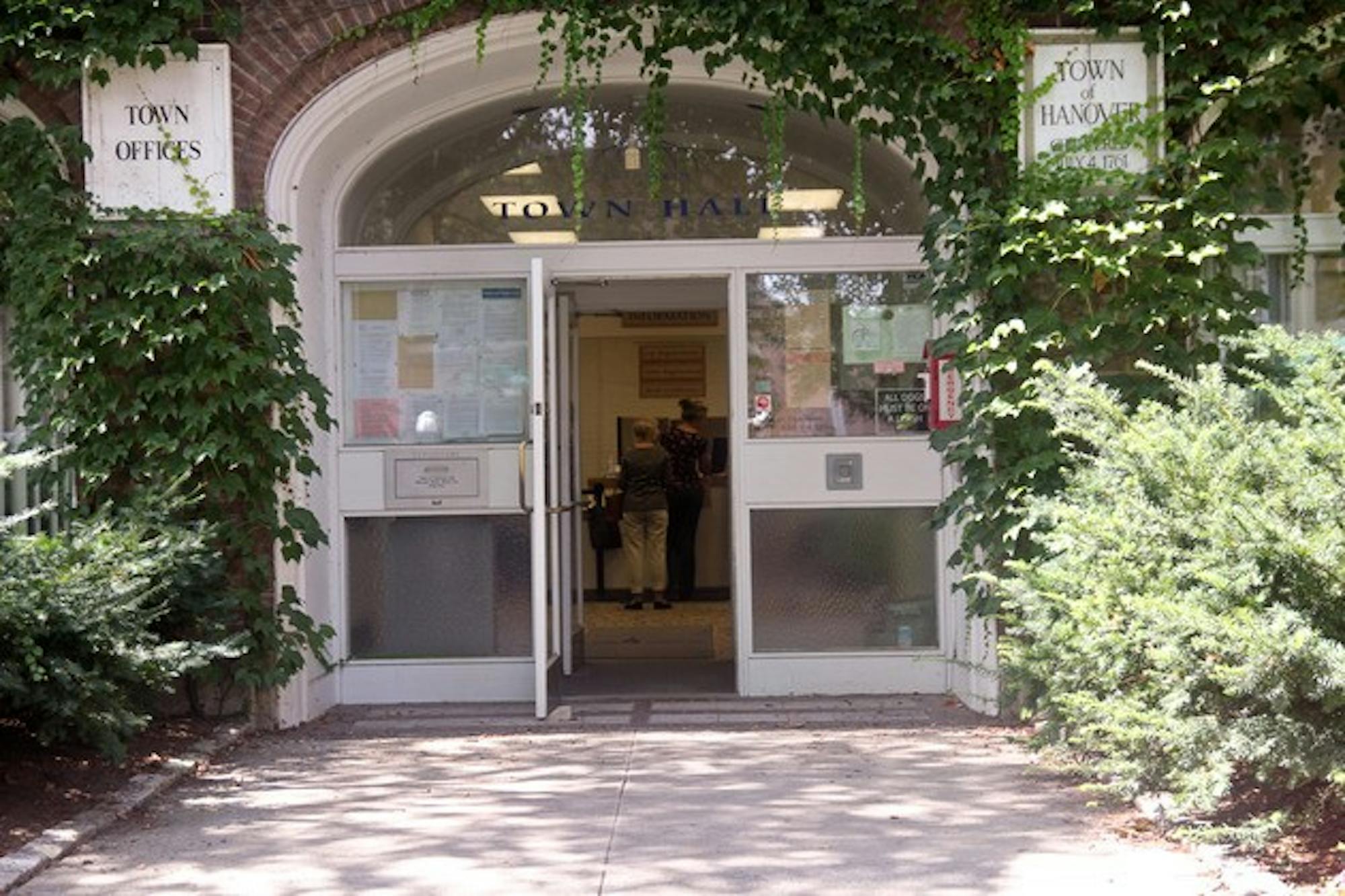In March 2011, the New Hampshire House Republicans failed to pass a proposed bill that would prohibit college students from voting in New Hampshire if their parents resided elsewhere.
Most recently, in June, the New Hampshire legislature overrode a veto made by Gov. John Lynch, D-N.H., of a bill that stated that student identification cards are no longer an acceptable form of identification for casting a ballot. The voter ID bill will go into effect in September 2013, The New York Times reported.
Over 40 people registered to vote during Friday's two-hour registration session, and approximately 200 students signed up to receive information on how to fill out an absentee ballot, according to Jordan Verrilli '14, a volunteer for the registration drive. The event aimed to encourage the general student population to vote rather than promote Obama as a presidential candidate, Verrilli said.
Voting in New Hampshire, where polls have indicated a close presidential race, will give students a better opportunity to impact the election that in many states. The University of New Hampshire released results from its monthly Granite State poll last Monday which showed a three-point lead for Obama among New Hampshire voters.
"New Hampshire has always been a swing state, so if you know your state is going to go in one direction, it would make more of a difference to vote here," Verrilli said.
State Rep. David Pierce, D-Grafton, said that students may have "stronger ties" to Hanover than to their hometown because they live here nine months of the year. Some students may choose to vote in their hometown in order to have an influence on the city's local election, according to government professor Linda Fowler.
"I think students tend to vote in the New Hampshire primary, but I know some vote in their home states because they want to influence the selection of senators and House members," Fowler said in an email to The Dartmouth.
State Rep. Michael Weeden, R-Strafford, currently a senior at the University of New Hampshire, said that college students who do not live in New Hampshire permanently should not be allowed to cast their ballot here, because their ideologies may not align with those of the long-term residents who are influenced more heavily by local policies.
"I personally believe a student should vote in the state that they live in," he said.
He added that U.S. senators are elected to office for a term of six years, so college students who vote in a New Hampshire election will have an influence on local policy even after they graduate.
"Choosing to vote in New Hampshire simply because you want your vote to have bigger effect that's not the way politics should work," he said.
Harry Enten '11, publisher and writer of the political blog Margin of Error, said that Republicans' efforts to decrease the number of student voters in New Hampshire is a strategic effort to decrease the number of Democratic voters, since most 18 to 29-year-olds tend to lean left.
"We can talk about democracy all we want, but at the end of the day, each side is fishing for more votes," he said. "If you're a Republican in the state, you would prefer that fewer 18 to 29-year-olds would be able to vote because you wanted to keep the other sides' voting numbers down."
Records from the 2008 presidential election show that people in college towns tended to vote for Obama, while other towns held a relatively even distribution of Republican and Democrat voters.
In Hanover, 6,140 people voted for Obama, while only 1,328 people voted for former Republican presidential candidate John McCain. In Durham, where UNH is located, 5,363 people voted for Obama, while 1,838 people voted for McCain. In the entire state, approximately 54 percent of people voted for Obama and roughly 44 percent voted for McCain.
Government professor Michael Herron said that despite this trend, student voting in New Hampshire will likely not influence the results of the general election.
"The margin will have to be really tight for the student vote to really influence the election," Herron said.
Enten cited a statistic indicating that there are slightly more than 80,000 students in New Hampshire, and most of them are New Hampshire residents.
Despite the small effect student voting will have on the general election, Fowler said that the efforts to prohibit student voting eligibility in New Hampshire are a discouraging sign.
"The disenfranchisement of young voters over the past two years is a great worry to me and is a reversal of efforts in the U.S. to expand participation," she said.
Representatives from the College Republicans did not respond to requests for comment by press time.




